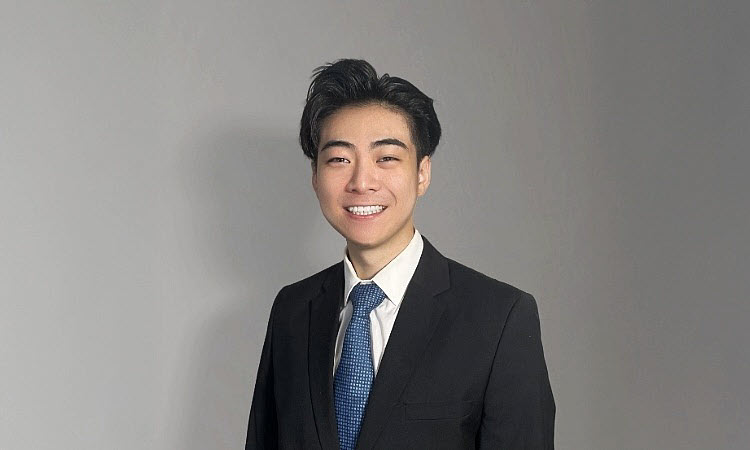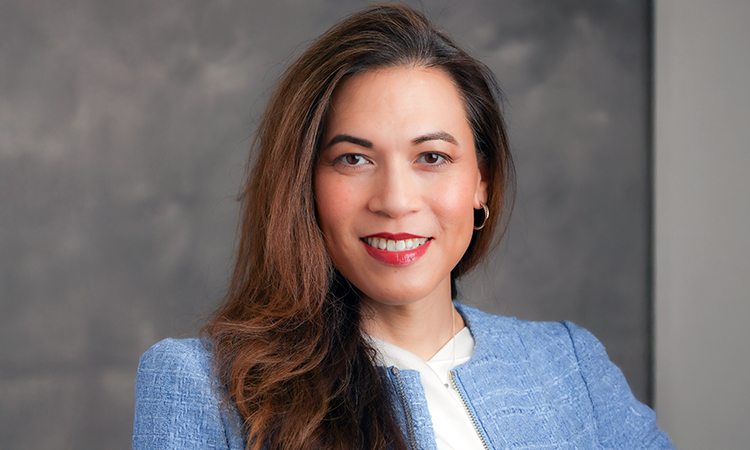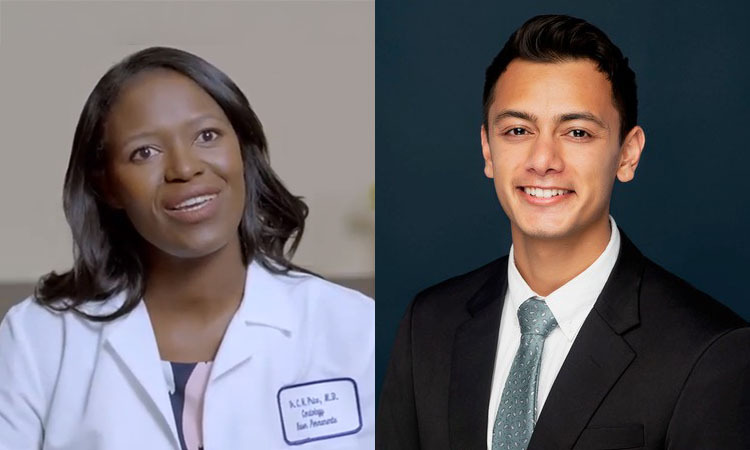In a recent episode of the podcast The AI Revolution in Medicine, Revisited, Kaiser Permanente Bernard J. Tyson School of Medicine (KPSOM) student Daniel Chen joined host and KPSOM Board Member Peter Lee, PhD, to discuss how generative AI is reshaping medical education and clinical practice. As a second-year medical student with a background in neuroscience and biomedical research, Chen offered a candid and insightful perspective on the evolving role of AI in medicine.
From the outset, Chen made it clear that AI is already a daily part of his academic and clinical life. “All the time, if not every day,” he said when asked how often he uses generative AI tools like ChatGPT. Initially drawn to the technology for help with coding for research projects, Chen quickly realized AI’s broader potential. “It’s been a very powerful tool in that way in terms of giving me expertise in something that maybe I traditionally had no training in.”
Chen described how AI has become a kind of personal tutor, helping him and his peers break down medical concepts that are difficult to comprehend. “Honestly, sometimes if there’s a complex topic, I ask ChatGPT things like, ‘Can you explain this to me as if I was a 6-year-old?’” he said.
Chen said he uses AI in clinical settings to supplement his learning and decision-making. “Sometimes if my preceptor is busy with patients, but I have a question, I might converse with ChatGPT,” he explained. He also noted the practical benefits of AI in deciphering medical jargon. “I compile lists and ask ChatGPT things like, ‘Hey, in the context of urogynecology, can you define what these could possibly mean?’”
Nevertheless, Chen is mindful of the limitations and risks of overreliance on AI. “I think being able to separate that, you know, medical school is a time where, you know, you’re learning to become a good doctor. And part of that requires the ability to be observant and critically think. Having these models simultaneously might hinder the ability to do that,” he said.
Chen also emphasized the importance of using AI responsibly in clinical preparation. “The night before when I’m looking over the patient list, the clinic [schedule] of who’s coming, I’m always giving it my best effort first,” he said. Only after forming his own differential diagnosis does he consult AI tools to see if he has missed anything.
He also expressed concern about the potential erosion of critical thinking and the evolving expectations of patients raised in a digital-first world. “Maybe this really is just, like, these tools are just aids in helping, you know, maybe load off some cognitive load,” he said. “But… does that mean they also have increased trust in these tools that maybe our generation or the generations above us don’t?”
Despite these challenges, Chen remains optimistic about the future. “Technology is something I definitely want to be involved in in my line of work, whether it’s AI work, whether it’s improving quality of healthcare through technology,” he said. “My perfect division would be still being able to see patients, but also balancing some more of these higher-level, larger projects.”
Listen to the podcast here .



